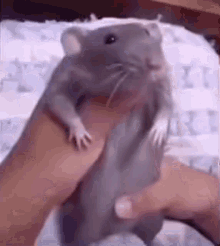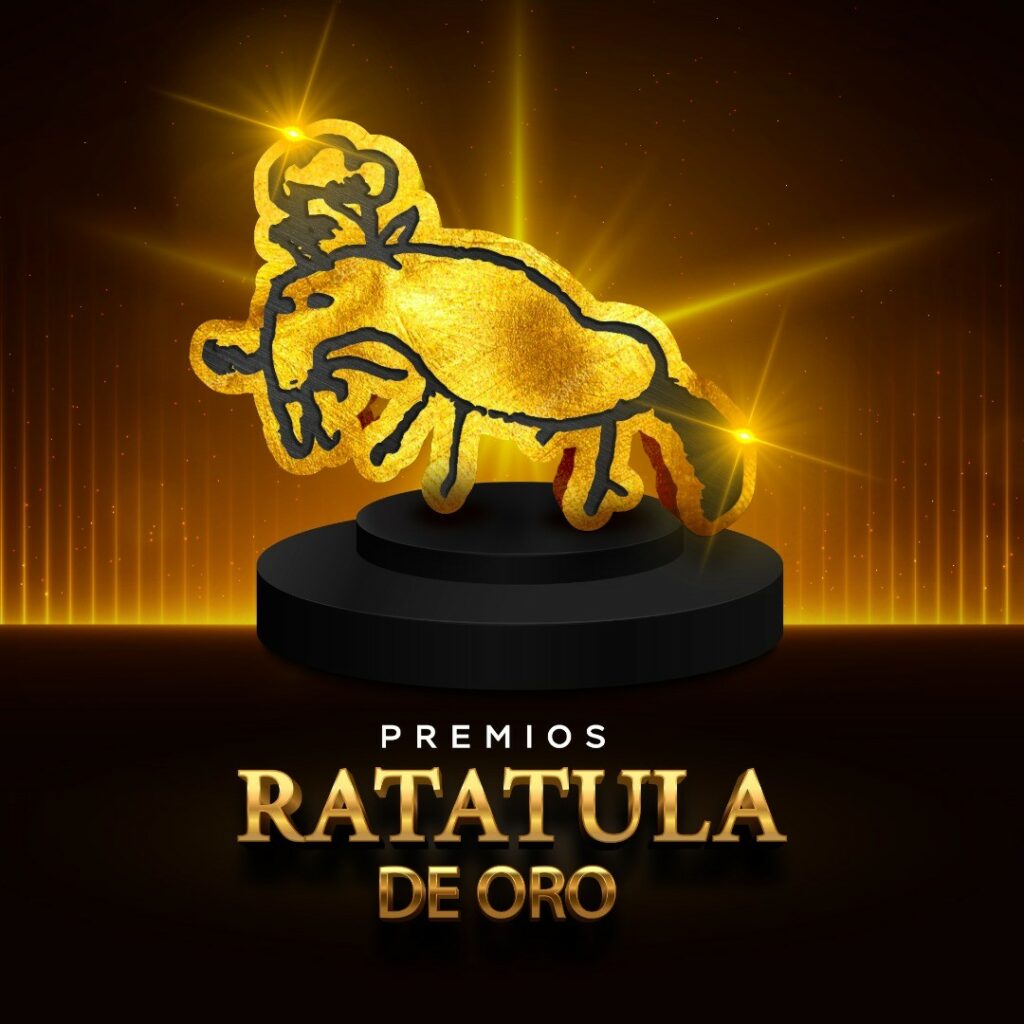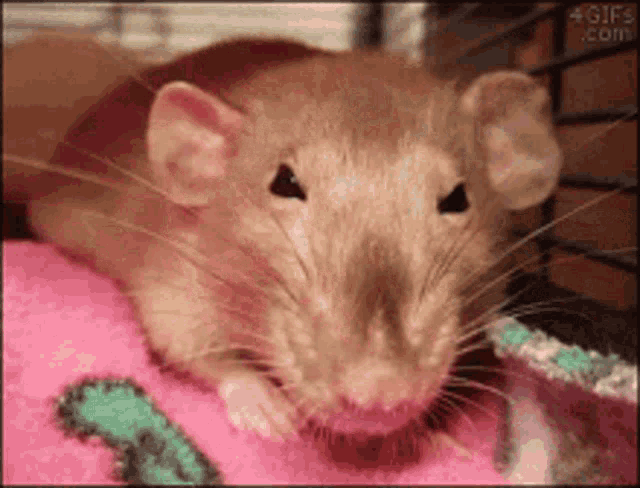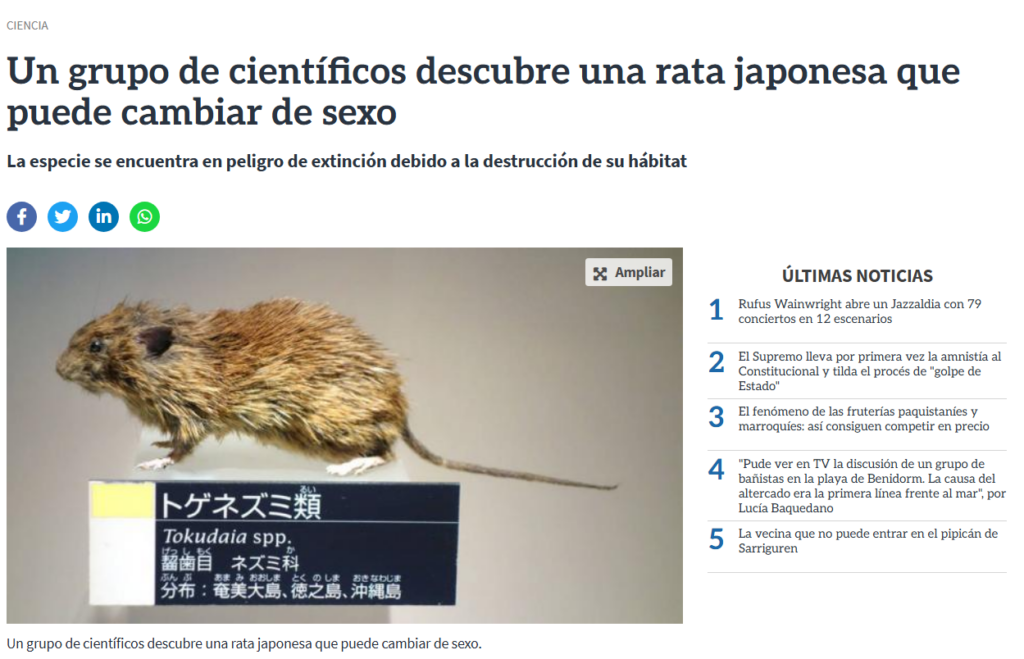



«Ratatula» is a concept that transcends the boundaries of material reality, alluding to a deeper understanding of our existence. At first glance, it may seem a puzzling term, an amalgam of «rat» and «Tula,» but at its core, it’s a philosophical call to reflection and introspection, a path that uniquely combines stoicism and cynicism.
Like an echo of the past, present, and future, «Ratatula» resonates through the space-time continuum—a compass in the mist that points in no direction, yet is valuable simply for its existence. «Ratatula» is, and at the same time, is not. It invokes the paradox of being and non-being, existence and non-existence. It represents a mindset striving to live in the present, accepting life as it is, in line with stoic teachings, while maintaining a healthy skepticism about the true nature of reality, in accordance with the cynical tradition.
«Ratatula» is both tangible and intangible, solid and ephemeral—a seeming contradiction that reflects the inherent ambiguity in our understanding of reality. This concept serves as a reminder that life is not absolute, but a mixture of certainties and doubts, of the solid and the fleeting.
The remaining 1% in the definition of «Ratatula» represents the constant unknown in our lives—the mystery that always exists at the edge of our understanding. This small percentage is a reminder that there is always more to learn, always more to explore, always something beyond what we perceive and understand.
In summary, «Ratatula» is a concept that challenges our understanding of reality and asks us to embrace the paradox of life with stoicism and cynicism. It is a way of life that celebrates uncertainty, doubt, and mystery, while remaining grounded in the present and facing reality as it is.
